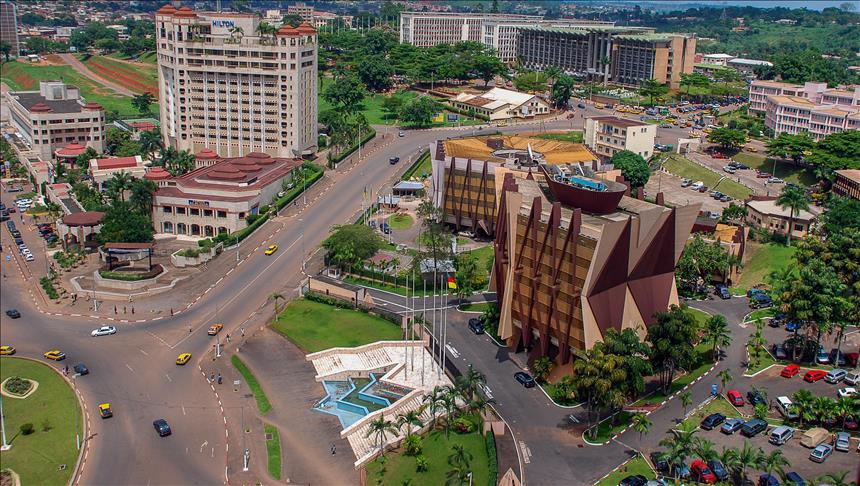Cameroon’s real GDP growth is projected to rise to 4.0 per cent in 2024, with an average of 4.5 per cent from 2025 to 2027, supported by improved energy supply and public investment, according to the World Bank’s latest reports, the 2024 Cameroon Economic Update and the Cameroon Public Finance Review.
Inflation is expected to decrease to 3.0 per cent by 2027, while the fiscal deficit is anticipated to stabilise around 1.0 per cent of GDP and public debt to fall to 36.3 per cent of GDP.
Notably, Cameroon’s economic growth slowed to 3.3 per cent in 2023 from 3.6 per cent in 2022 due to lower public investment, rising prices, and internal conflicts. Inflation increased to 7.4 per cent in 2023, driven by high food and transport costs. The reports further highlight the need for bold fiscal reforms.
The economic update, titled “Fiscal Instruments for Sustainable Forestry,” emphasises the forestry sector’s potential to enhance revenue, though it currently contributes only 3.8 per cent to GDP. It advocates for improved governance, forest certification, and climate-smart policies to promote sustainability and revenue growth.
The Public Finance Review calls for enhanced tax collection and better budget management, criticising the narrow tax base and lack of transparency in spending. It recommends a Medium-Term Revenue Strategy (MTRS) and comprehensive reforms.
Additionally, it emphasises the need for increased spending on education, health, and social assistance and advocates for accelerating fiscal decentralisation to improve public service delivery.
Robert Utz, World Bank Lead Country Economist, stressed that “a bold fiscal reform agenda is imperative to unlock Cameroon’s full potential and secure a prosperous future.”
Attribution: World Bank


